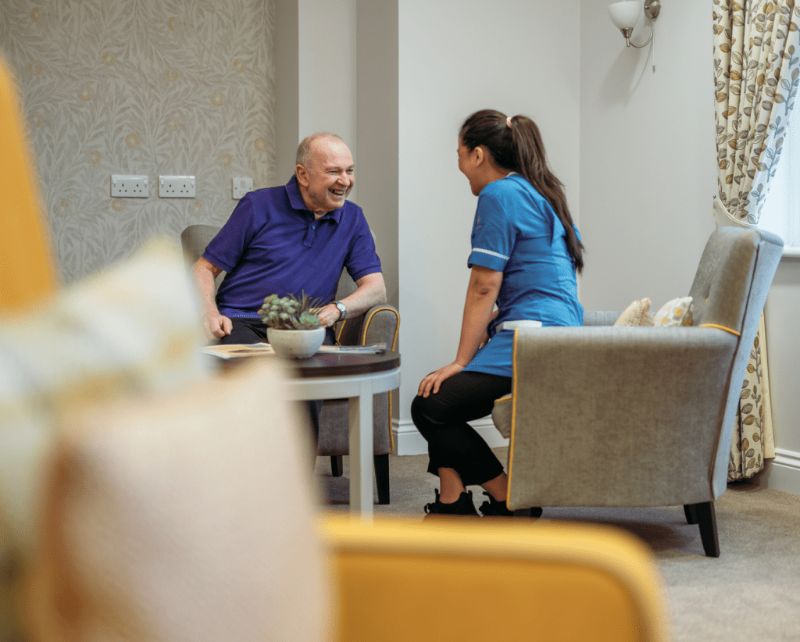

If your loved one is having challenges while living alone, despite the assistance provided by family members, friends, relatives, or caregivers, it may be a significant indication that additional support is required.
Even with a network of well-intentioned helpers, there may come a point where the demands of independent living exceed the available resources. Signs of struggle may manifest in various ways, from difficulty with daily tasks and personal care to a sense of isolation and emotional distress. Observing these signs and acknowledging the limitations of the existing support system is crucial in determining when a transition to specialised care might be the most beneficial step for your loved one.
Another critical consideration arises when a fall results in a hospital visit that indicates the necessity for specialised care. Falls can be significant indicators of decreased mobility, balance issues, or other health concerns that require immediate attention.
Hospital assessments often provide valuable insights into the specific care needs your loved one may have, and if the conclusion points toward the requirement for specialised care, it underscores the importance of addressing these needs promptly.
Seeking professional guidance and exploring options for care homes or facilities equipped to handle specific health requirements becomes imperative to ensure the safety and comprehensive wellbeing of your loved one.
Making the decision to move a loved one into a care home is undoubtedly one of the most challenging choices families face. It's a decision intertwined with emotions, practical considerations, and the wellbeing of your loved one.
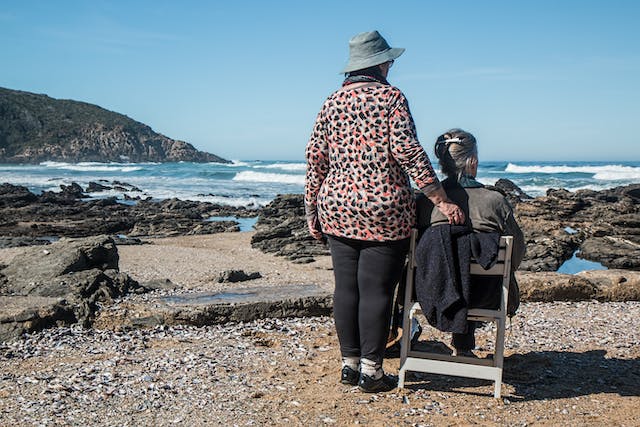
Assessing Care Needs
Start by assessing your loved one's care needs. If their health conditions have progressed to a point where they require more assistance with daily activities, medication management, or medical care, a care home may provide the necessary support.
Isolation and Loneliness
Loneliness and isolation can have profound effects on mental and emotional well-being. If your loved one is struggling with social connections, a care home can offer a community environment with companionship, group activities, and a chance to build meaningful relationships.
Safety Concerns
Safety should be a paramount consideration. If your loved one is at risk of falls, accidents, or wandering due to cognitive decline, a care home with safety measures and trained staff can provide a secure environment.
Caregiver Burnout
If you, as the primary caregiver, are experiencing burnout and finding it increasingly challenging to meet the demands of caregiving, it might be an indication that professional care in a facility is necessary. This ensures both your well-being and that of your loved one.
Medical Complexity
When medical needs become complex, and managing multiple health conditions requires expertise, a care home with access to healthcare professionals can offer the level of care your loved one requires.
Open Communication
Engage in open communication with your loved one about their thoughts and concerns. Their input is crucial in making the decision, and involving them in the process can help ease the transition.
A care home can provide home from home comforts as well as supervising and assisting your loved ones when they need it as well as keeping them entertained with a full activities programme.
A registered care home also provides the highest standard of nursing care, especially if they have a physical disability, medical condition, high dependency requirement or if they need end of life care. In some cases, loved ones may require both support with activities of daily living and nursing care.
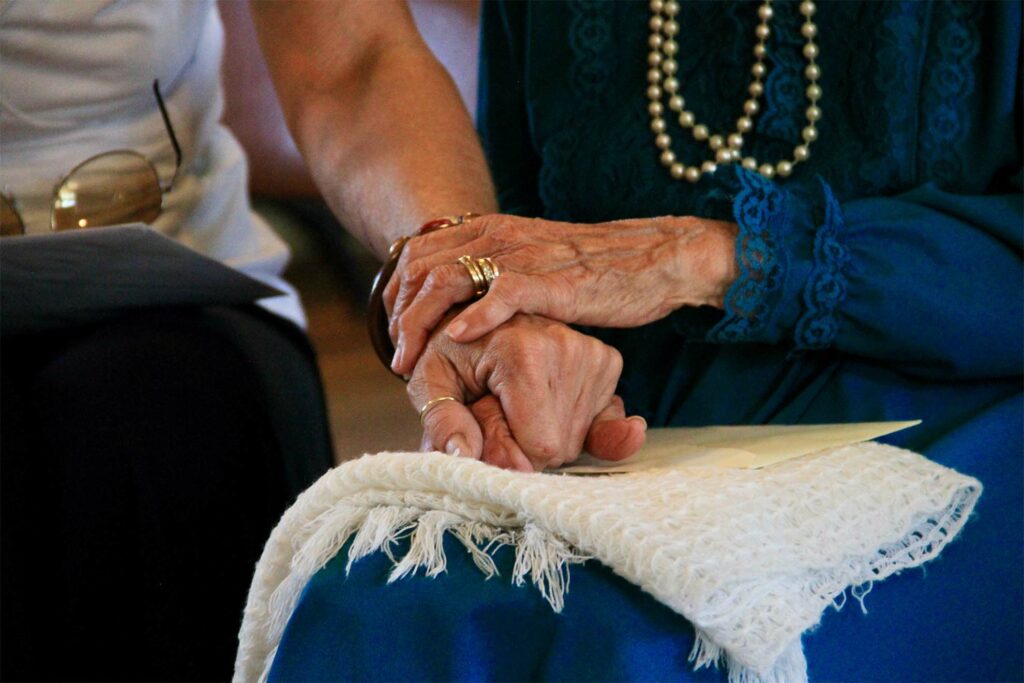
The right time to consider a care home may not be clear for some individuals or families, but to others, it could be caused by a critical situation. For instance, a relative of yours may have fallen and was taken to hospital. It may become clear that your relative may not be able to return to live at home alone. Although this can be a very difficult and emotional situation, you must be there to emotionally support your loved one and help them to make the best decision for their future.
Recognising signs that a relative may be struggling to cope on their own is crucial for addressing potential challenges and ensuring their wellbeing. Physical indicators such as a decline in personal hygiene or unexplained injuries may signal difficulties in self-care and safety at home.
Changes in weight, eating habits, or signs of malnutrition may point to challenges in managing daily tasks like meal preparation or grocery shopping. Additionally, neglect of household maintenance, including unpaid bills and a disorganised living environment, could suggest a decline in their ability to handle responsibilities independently.
Social and emotional cues are equally important to consider. Isolation, withdrawal from social activities, or expressing feelings of loneliness may indicate emotional struggles or difficulties in maintaining social connections.
Forgetfulness, confusion, or missed appointments could be signs of cognitive decline, raising concerns about their capacity to manage daily tasks. Moreover, expressions of overwhelm or stress might signify that they are finding it challenging to cope with the responsibilities of living alone.
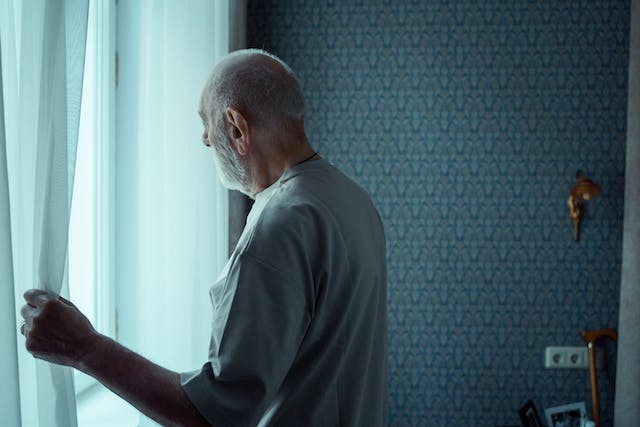
Other signs to look out for:
When these signs become apparent, it's essential to initiate open and empathetic communication with the relative. Understanding their perspective and needs is crucial. Exploring options for additional support, such as home care or assisted living, may be necessary to address their changing requirements. By proactively addressing these signs, families can work together to create a plan that ensures the safety, well-being, and continued quality of life for their loved ones.
Maybe your loved one is physically well however is suffering with loneliness and struggling with running a home for themselves, they may want to consider residential care. Residential care will liberate them from the stress of managing their own household and enjoy the benefits of living with other like-minded individuals. This type of care will lead them to enjoy an active social life, as well as boost their independence and self-confidence.
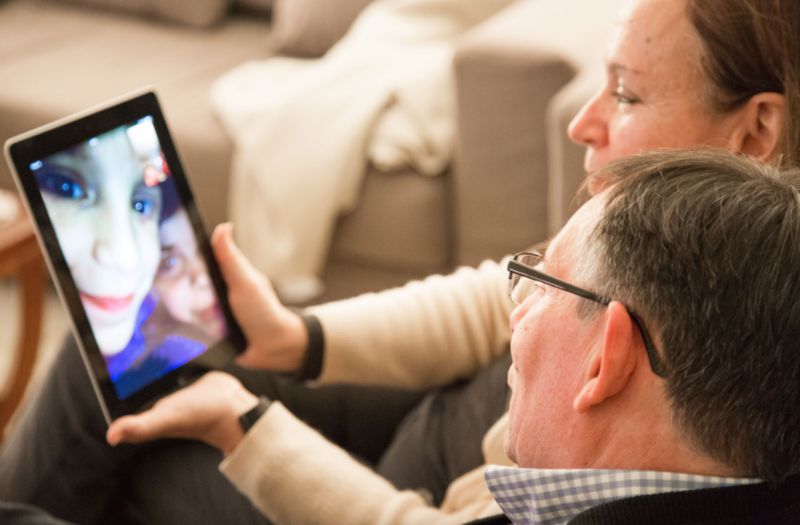
In assessing your loved one's wellbeing and contemplating the possibility of additional support, it is important to seek professional advice. Consulting with healthcare professionals, social workers, or geriatric care managers can provide valuable insights into the specific needs and challenges your loved one may be facing. These professionals can offer guidance on suitable care options, ranging from in-home assistance to assisted living arrangements, based on a thorough assessment of your relative's physical and mental health.
Furthermore, maintaining open communication with your loved one throughout this process is vital. Discussing their feelings, concerns, and preferences regarding the potential next steps ensures that their voice is heard and their wishes are considered. It's an opportunity to address any apprehensions they may have and involve them in decisions about their care. Remind them that there are diverse types of support available, tailored to meet their unique needs. This collaborative and empathetic approach not only fosters a sense of agency and autonomy for your loved one but also strengthens the familial bond during what can be a challenging but necessary transition.
If you or your relatives live in Swindon and the surrounding areas, you can talk to Ridgeway Rise about their facilities and high-quality care services. You can call them on 01793 238 875 or send an email to info@ridgewayrise.com.